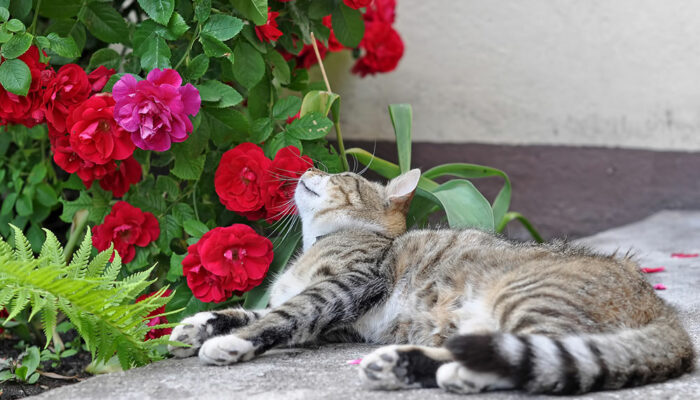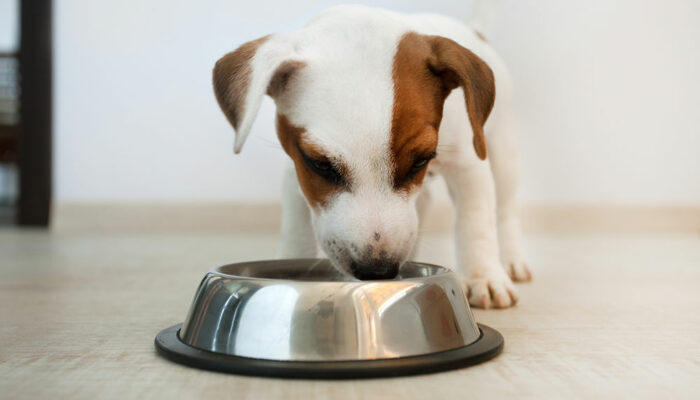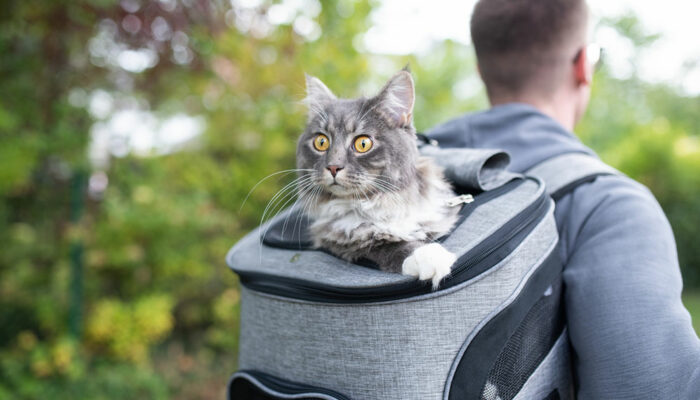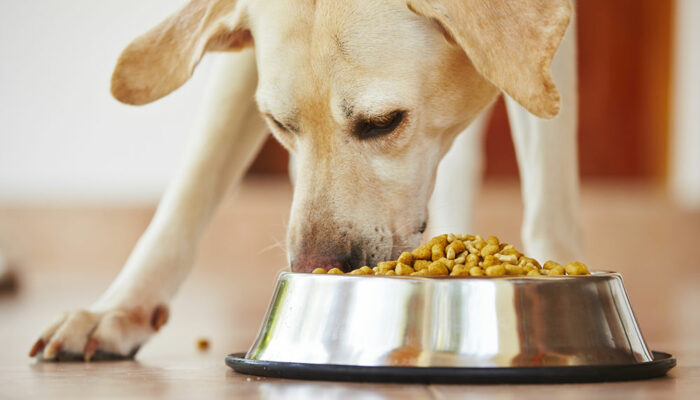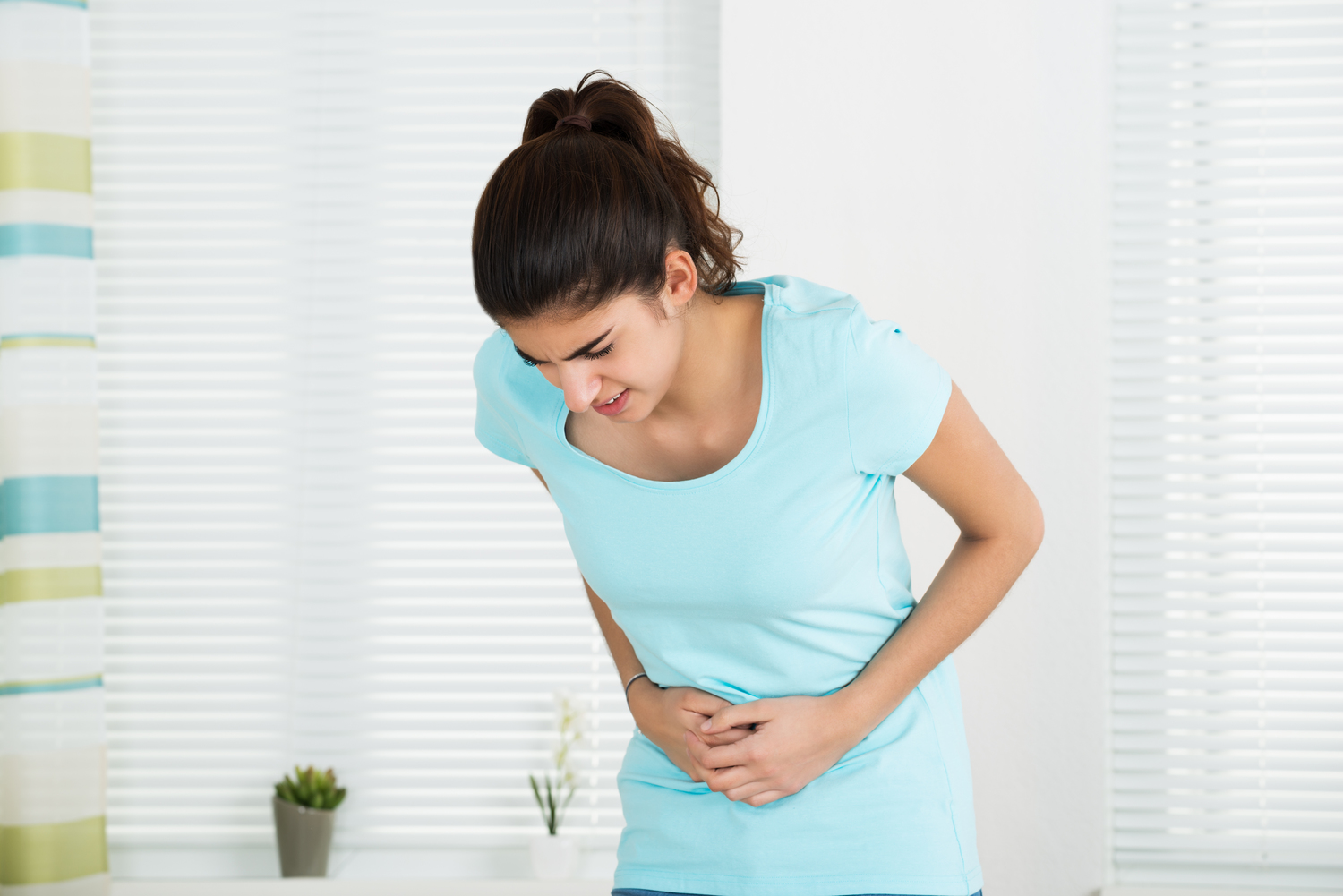
Managing an Overactive Bladder: Foods to Eat and Avoid
What you eat and what you don’t can play an important role in fighting the symptoms of an overactive bladder. While certain foods to further stress out the bladder and cause irritation, some others can help in relieving the symptoms. So, here are the foods to eat and avoid for an overactive bladder.
Foods to eat
Fruits and vegetables: While you are making a list of foods to eat and avoid for an overactive bladder, it is important that you eliminate foods that can irritate the bladder. You must opt for foods that are loaded with vitamins, such as vegetables, and fruits that are not acidic. These fruits should be included in one’s daily diet:
- Blackberries
- Bananas
- Apples
- Coconut
- Watermelon
- Grapes
- Strawberries
Vegetables that you can include in your diet are:
- Broccoli
- Cucumbers
- Asparagus
- Celery
- Lettuce
- Peppers
- Carrots
- Kale
Foods rich in fiber: Foods that are rich in fiber should also be included in your diet. They can fight constipation that can cause additional pressure on the bladder. Add these foods for a fiber-rich diet:
- Almonds
- Lentils
- Beans
- Barley
- Artichoke
- Bran
- Oats
- Raspberries
Protein-rich food: To fight an overactive bladder and ensure good overall health, it is also important to have a protein-rich diet. To get a sufficient supply of proteins, you can add tofu to your meals. It is a good source of protein and can be used in various recipes.
Foods to avoid
Carbonated beverages: Carbonated beverages contain fizz that can worsen the symptoms of overactive bladder. Therefore, make sure you stay away from drinks such as:
- Energy drinks
- Soda water
- Soft drinks
Drinks that are fizzy and contain caffeine can be an even bigger problem. Champagne is another drink that you should stay away from since it is carbonated and contains alcohol, which is a bladder stimulant.
Tea and coffee: The reason why tea and coffee should be avoided is caffeine. It can stimulate the bladder and aggravate the symptoms. Drinking caffeine can increase the frequency and the urgency to urinate and also increases the chances of incontinence. To reduce the symptoms, replace your caffeine with decaffeinated versions. If caffeine immediately causes sensitivity, you must also note that decaffeinated versions also contain some amount of caffeine.
Chocolate: Just like tea and coffee, chocolate also contains caffeine, but in lesser amounts. Hence, replace your regular chocolate with white chocolate that does not have caffeine. You can also have dark chocolate that has more cocoa content and can satisfy your urge for chocolate with a small amount.
Alcohol: Alcohol can cause irritation to the bladder and can interfere with the signals sent to the brain. Therefore, you must limit your intake of alcoholic drinks that include liquor, beer, and wine.
